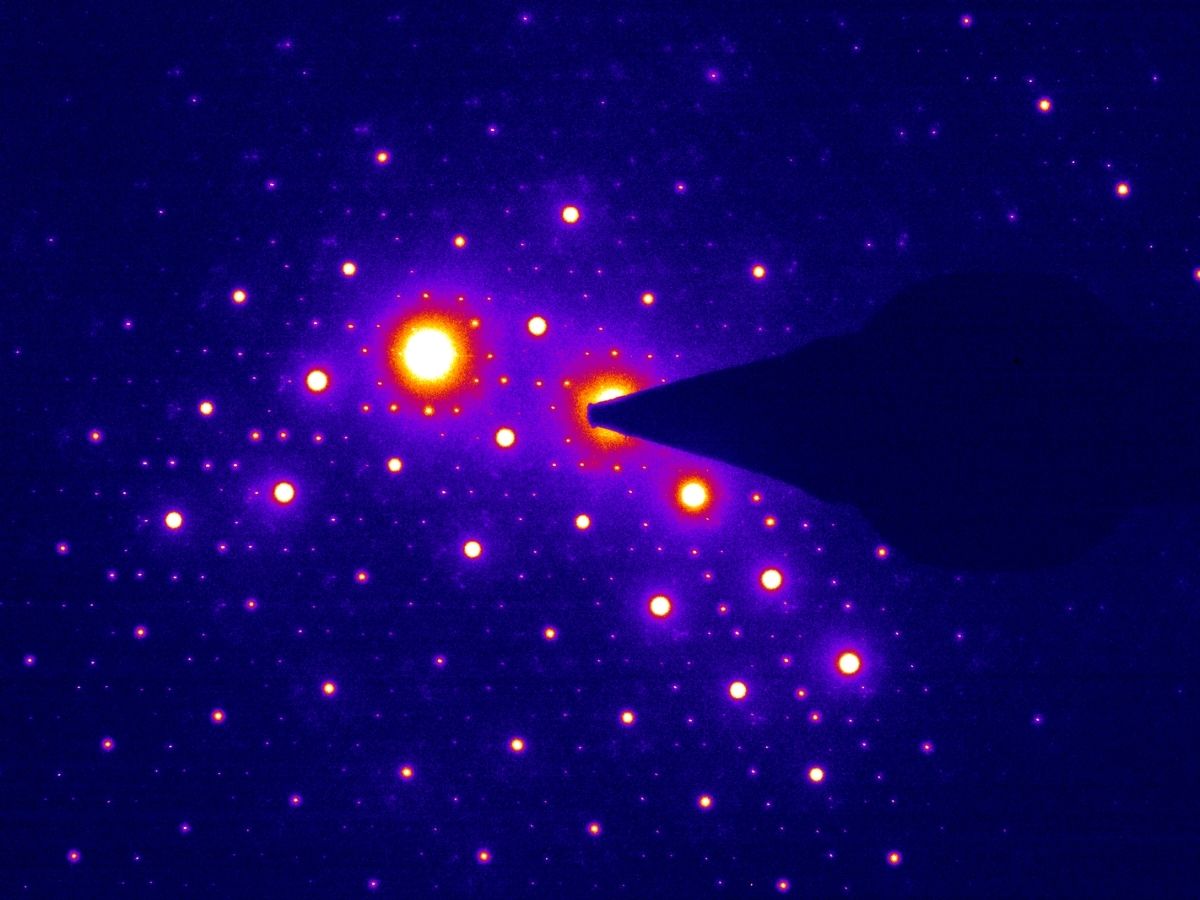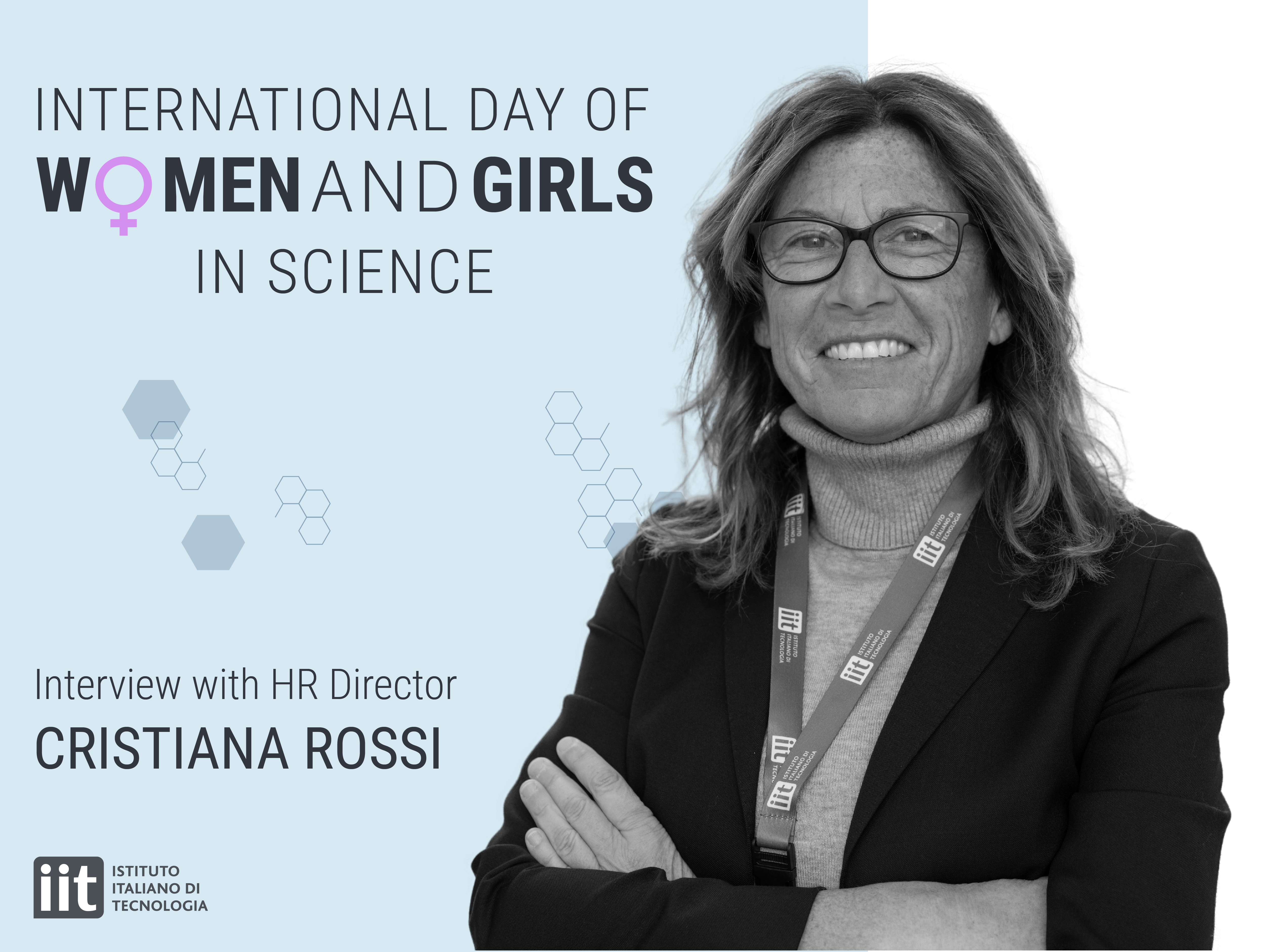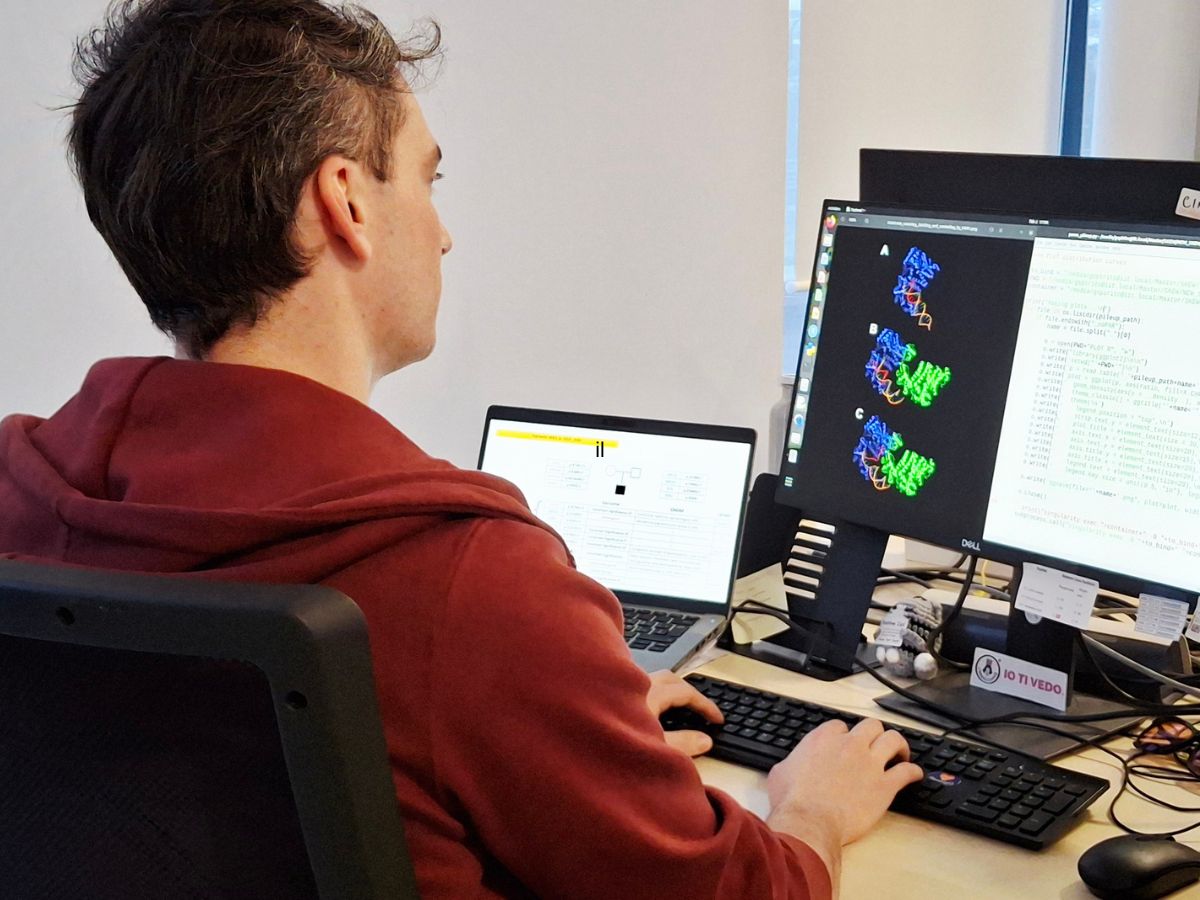NanED is a Marie-Sklodowska-Curie Action project that has been funded by the EU within the Horizon 2020 program
NanED is a Marie-Sklodowska-Curie Action project that will involve 15 PhD students to participate to an innovative training network dedicated to 3D electron diffraction’s (3D ED). Young researchers will learn from experts in Europe and a pool of companies coming from different fields in order to create the future generation of electron crystallographers that will make Europe the world leader in nanomaterial characterisation. The project’s consortium is led by IIT-Istituto italiano di Tecnologia (Italian Institute of Technology), in particular NanED’s project coordinator is the IIT’s researcher Mauro Gemmi, and unites 8 prestigious European research institutions. Moreover, it will also count on some of the most innovative companies of the world as partners. The project has received a total funding of 3.9 million euros as part of the EU’s Horizon 2020 research and innovation programme and it will last 4 years.
What is the 3D Electron Diffraction? It is a novel method for the determination of the atomic structure of inorganic, organic and macromolecular compounds when their crystal size falls in the nano domain. Still, several chemicals with valuable commercial and medical implications can be synthesized only as nanocrystals or show phase/polymorphic transitions during crystal growth. 3D Electron Diffraction can become a standard tool to disclose the nature of all these nanocrystalline materials shedding new light and bringing new knowledge into several different scientific sectors.
NanED project aims to set a new paradigm for the 3D ED training through a program that is going to be adjusted accordingly to the current and future industrial needs, guaranteeing to the students to master the 3D ED skills in different fields for different applications. In fact, in the future, the NanED approach will be implemented in fields that range from materials science to physics of diffraction, from instrument engineering to chemical production and pharmacology. The project will push Europe to be the global leader for nanomaterial characterisation and development thanks to the advanced formation of this group of students that will produce important economic results by exploiting the potential of 3D electron diffraction and by favouring the dissemination of the 3D ED in academical and industrial laboratories for a continuous development.
The highly collaborative nature of the NanED project will also be guaranteed to the students by the inner environment of the consortium itself in which the proximity and interconnection between students and partner companies allows a deep sharing of experiences. In fact, it will count on all the current experts in electron diffraction and on numerous well-known global companies as partners of the project that will come from different scientific fields, assuring interdisciplinarity within the training network of the project. Thus, the students will learn to master and develop 3D ED techniques also having the possibility to expand their know-how and share their common experiences in diverse fields. The partners involved, operating in different sectors, have an interest in the future exploitment of 3D ED in order to develop instruments and material or pharmaceutical production.
The Istituto Italiano di Tecnologia leads the project consortium which includes 8 European institutions currently committed in the development of electron diffraction methods for structural crystallography: Italian Institute of Technology (Italy), Centre National de la Recherche Scientifique (France), Fyzikalni ustav AVCR (Czech Republic), Johannes Gutenberg Universitaet Mainz (Germany), Stockholms Universitet (Sweden), Universiteit Antwerpen (Belgium), Universitaet Basel (Switzerland), Universitaet Ulm (Germany).






